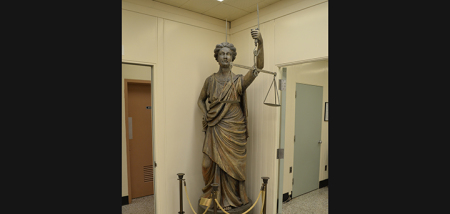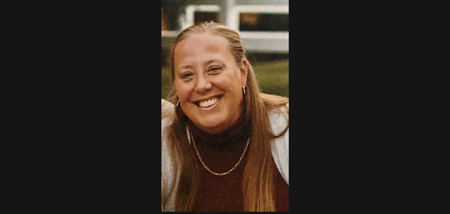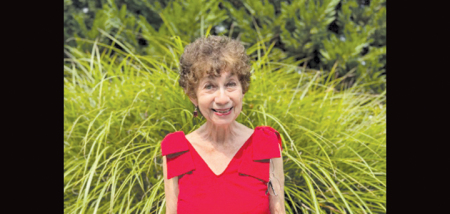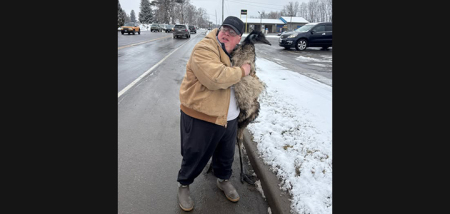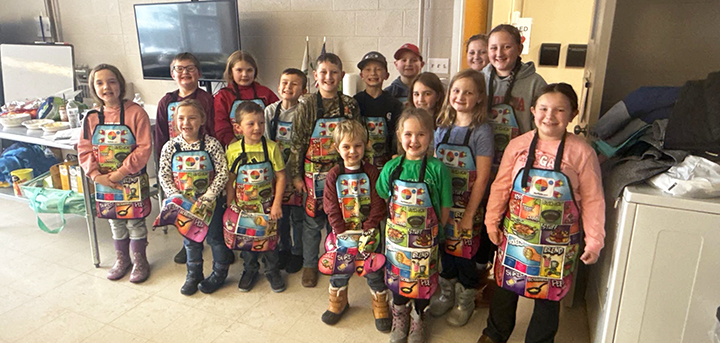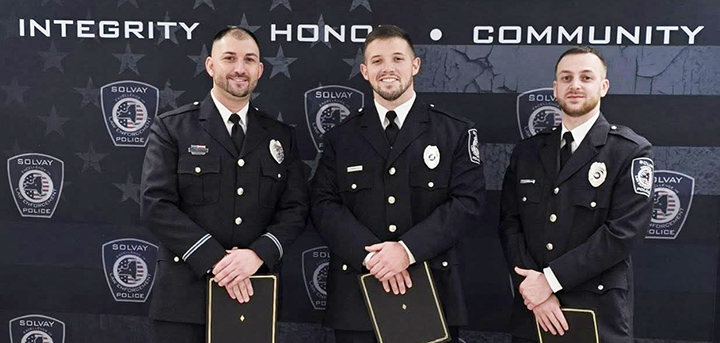Greene High School Talks Heroin, Part One: A Mother’s Loss
Published:
November 4th, 2015
By:
Ashley Babbitt

Editor’s Note: This story is the first of a five-part series. Today’s will feature one of the panelists, and subsequent stories will outline the messages of each of the others.
GREENE – A high school gymnasium was filled with students and parents Monday night to discuss the heroin epidemic.
Panelists included law enforcement, employees of local services for addicts, a mother who lost her son, and two recovering addicts.
Alexis Pleus is the mother of three sons and the founder of Truth Pharm. She attended the event to share the story of her son that lost his battle with addiction.
“He was 28,” Pleus said. “He passed away from an overdose last year.” She added that her son was outgoing, was involved in sports, and was very giving. “He was super popular, loved the ladies, and was a body builder. He finished college. But, in high school he got a sports injury and received Oxycontin and became addicted … I didn’t even know.”
Pleus said she was not sure when it was that he made the switch from pills to heroin.
With regard to losing a child, Pleus said, “It’s something no one can prepare you for. ‘I can’t imagine,’ people say. No, they can’t.”
“What we lose is not our past, or his story, we lose the future,” said Pleus. “We can’t help but think what they were going to be like. Who were they going to marry? Were they going to have kids?”
Pleus continued, “In everything you do, you’re missing your child. Every single dinner, holiday, trip … he’s not there with me.”
Pleus admitted that within three hours of losing her son she did not want to say how it happened. “My grief was halted by the stigma of addiction,” she said. “After losing him, people said some really awful things to me.”
An online grief support group brought some solace, Pleus said. “In a way it was comforting, until I saw more faces day after day after day of those lost.”
A heroin awareness support group was then started in Windsor, where Pleus is from. She said that there were 14 people fully addicted to heroin by the time they were graduating high school. She added that parents then suggested prevention techniques. Those proposed included earring dinner together with children every night, getting children actively involved in extracurricular activities, sports, and knowing where children are at all times.
“You think I didn’t do those things?” asked Pleus. “I knew everything my kids did and more. You just can’t assume they are safe. You can do all the right things, and it turns out wrong.”
Pleus added that a suggestion in the group was to have the Broome Coroner bring photos of those who have overdosed to show the bodies.
“Really?” said Pleus, “You need to see my son’s dead body?”
This is when she founded Truth Pharm, where one can look to for support, and also find photos of addicts who lost their lives to drug addiction. “We started throwing some videos online and people saw and realized, ‘Oh, it could be my kid too.’”
Pleus asked those in attendance – students and parents – to turn and look into the eyes of ten others in the crowd.
“Based on the statistics, one in ten are likely to have a parent addicted. It’s the same to the parents when looking at the younger people. The message is still the same. One of the people whose eyes you looked into could be high right now … would you know?”
Pleus said that recovery is possible.
“Addiction is no different than any other disease,” she said. “We don’t call people failures when their first method of diabetes treatment didn’t work for them.”
Pleus shared a conversation she remembers having with her son.
She said she asked him why he would leave multiple times per day to get drugs, rather than getting all he needed at once.
Pleus said her son told her that he would wake up and tell himself that that day was going to be the say he was going to stop. “A hour would pass,” she said. “Then a half hour, and the withdrawals would get worse, he knew he needed a fix. He would get just enough to get through the pain. He would shoot up just the little bit. He would look at the clock while at work at know he would have to get more after work.”
Pleus said that her son told her, “’I already failed at this day. I used. So at the end of work I would get as much as I could to drown out the fact that I failed another day.’” She said he would try again to stop tomorrow. “364 tomorrows,” Pleus said.
To the students Pleus pleaded, “Don’t ever start. Don’t try it. Just don’t ever, ever start. A few days in a row is all it takes.”
She also told the students to tell their parents to lock up any prescription pills in the house. She said even if you aren’t a user, a friend may be, and to look out for your friend, it’s safer for your parents to have their medications locked.
“Promise you won’t say that it won’t happen to your child,” said Pleus to the parents in attendance. “Have an awesome, good relationship with your kids. They’ll probably drink, they’ll probably smoke pot, but pills … if you find out on day three, week three … just have a relationship where they know they can ask for help.”
Pleus encouraged everyone to show compassion to families who have lost a child to addiction.
It was also suggested that everyone become trained to administer Narcan – an opioid antagonist – and obtain a kit. “There is no reason for anyone 16 and older not to be certified,” she said.
“For anyone addicted, there are clean needle exchanges,” Pleus said.
“Don’t use in any location where you can’t be found,” said Pleus to anyone in attendance who is an addict. “Please, keep your bedroom door unlocked if you use in there, so you can be found.”
For further information on Truth Pharm, visit its Facebook page.
Author: Ashley Babbitt - More From This Author
Comments

